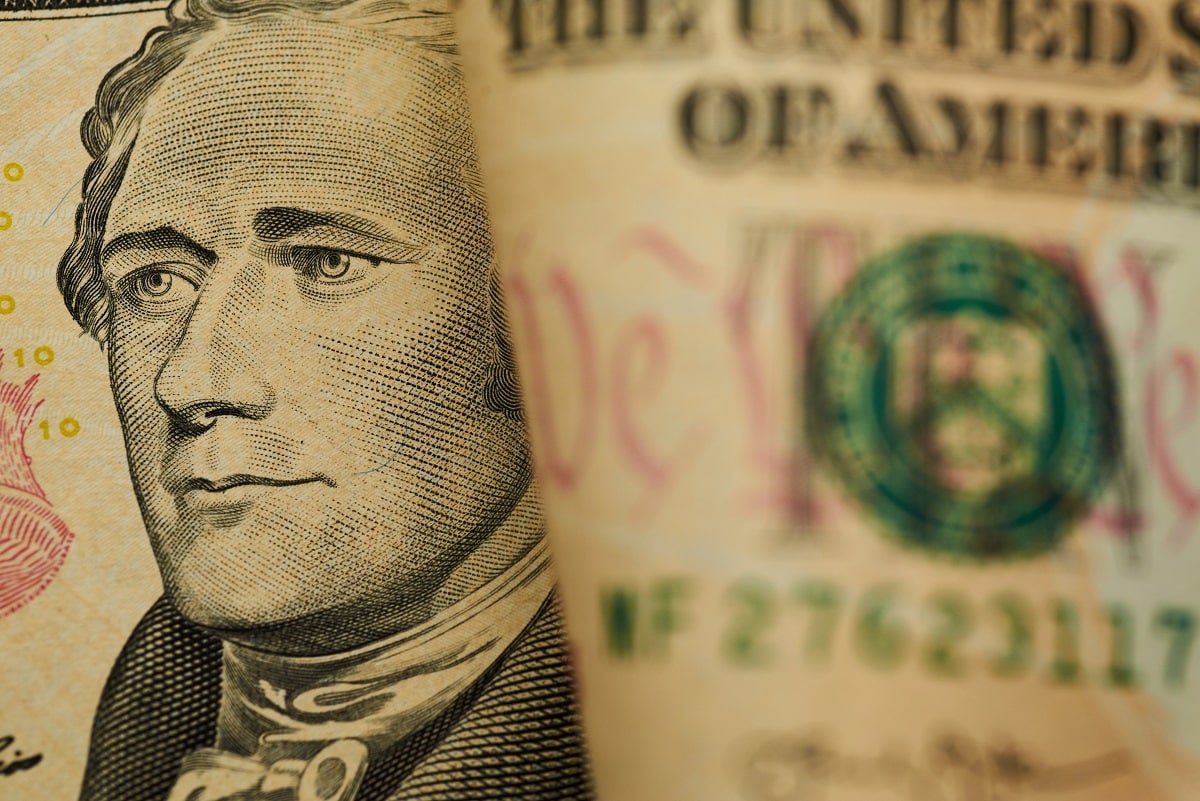Today’s disappointing GDP numbers are yet a further indication that the Federal Reserve might be engaged in monetary policy overkill to regain inflation control.
They also constitute another reason why the Fed would be well advised at next week’s Federal Open Market Committee (FOMC) meeting to pause its aggressive interest rate hiking cycle to avoid an unnecessarily hard economic landing.
This is all more so the case considering that these weak backward-looking GDP numbers predate the recent Silicon Bank and Signature Bank failures. They also come ahead of an all too probable bruising debt ceiling showdown this summer that could shake financial markets to the core.
Today’s Labor Department report that GDP growth slowed abruptly from 2.6 percent in the fourth quarter of 2022 to 1.1 percent in the first quarter of this year should have come as no surprise. After all, the Fed has been engaged in its most aggressive interest rate hiking cycle in the past forty years. The Fed has also allowed a very rare contraction in the broad money supply to occur through the combined effect of unusually large interest rate hikes and an unprecedented degree of Quantitative Tightening.
Milton Friedman taught that monetary policy operates with long and variable lags generally of between 12 and 18 months. If Friedman is right, we must expect a further slowing in the economy as a result of the almost 5 percent increase in the Fed’s interest rates over the past year.
One reason to fear that the Fed’s newfound monetary policy religion could produce a hard economic landing is that the Fed’s interest rate hikes are now being amplified by a credit crunch. In the wake of deposit flight following the Silicon Valley Bank failure, the regional banks are cutting back on granting credit to both households and businesses. They are doing so in an effort to bolster their shaky balance sheets that are being impacted by deposit withdrawals and that have an unhealthy exposure to the real commercial property market. This credit restriction has a similar negative effect on aggregate demand as an interest rate increase.
Another reason to fear that we could be headed for a hard economic landing is that the Fed’s foot on the monetary policy brakes is occurring ahead of an all too likely debt ceiling battle. That battle could perhaps occur as early as July.
Speaker Kevin McCarthy’s recent success in securing the House passage of a debt ceiling increase conditioned on large public spending cuts makes it highly unlikely that he would agree to a clean debt ceiling increase bill. For his part, President Biden is standing firm on his position that the debt ceiling should be raised with no strings attached as has been done on many previous occasions. It has to be of concern that both sides appear to be willing to go to the brink on this issue.
Judging from the negative market fallout from the 2011 debt ceiling showdown, going to the brink could be deeply unsettling for financial markets. Treasury Secretary Janet Yellen is probably right in asserting that all hell would break loose in financial markets if it was perceived that the United States might actually default, albeit only technically, on its debt obligations. This would be the last thing that we need at a time of a slowing economy, skittish financial markets, and a rolling regional bank crisis.
All of this suggests that the Fed would be well advised to be more forward-looking and less data dependent than it has been to date. Maybe then it would do the right thing at next week’s interest rate setting meeting and put a halt to its interest rate hiking cycle. It would do so in the knowledge that the economy already appears to be slowing sharply and could soon be hit by both a credit crunch and an ugly debt ceiling battle.
MORE: Kamala Harris Is a Disaster
MORE: Joe Biden – Headed For Impeachment?
About the Author
Dr. Desmond Lachman joined AEI after serving as a managing director and chief emerging market economic strategist at Salomon Smith Barney. He previously served as deputy director in the International Monetary Fund’s (IMF) Policy Development and Review Department and was active in staff formulation of IMF policies. Mr. Lachman has written extensively on the global economic crisis, the U.S. housing market bust, the U.S. dollar, and the strains in the euro area. At AEI, Mr. Lachman is focused on the global macroeconomy, global currency issues, and the multilateral lending agencies.

